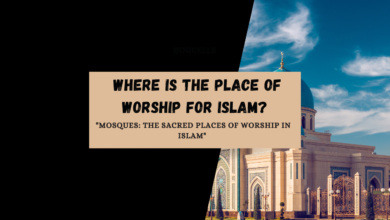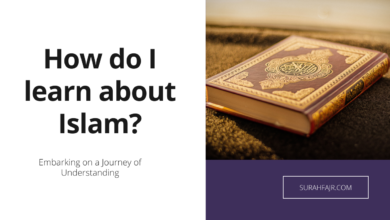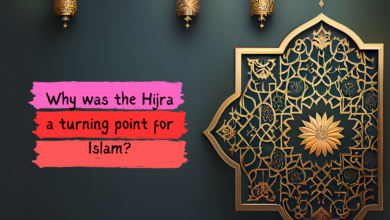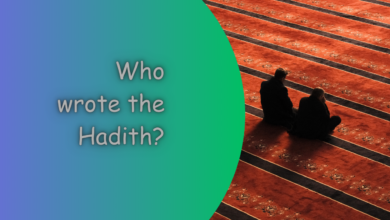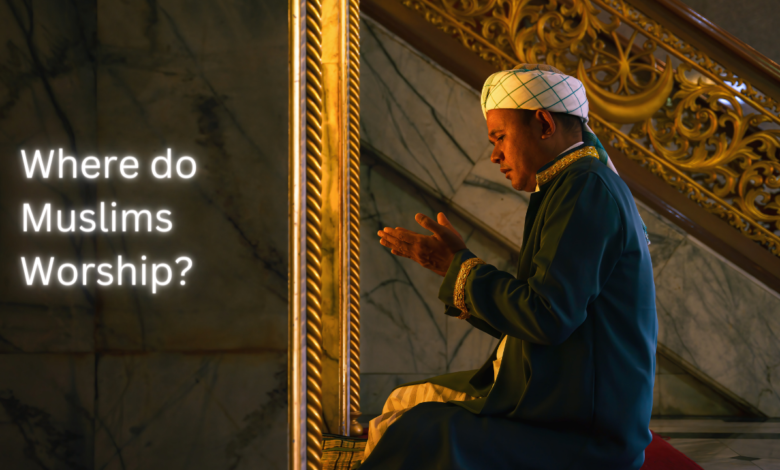
Where do Muslims Worship?
Muslims worship in a place called a mosque, which is a dedicated place of prayer and communal worship.
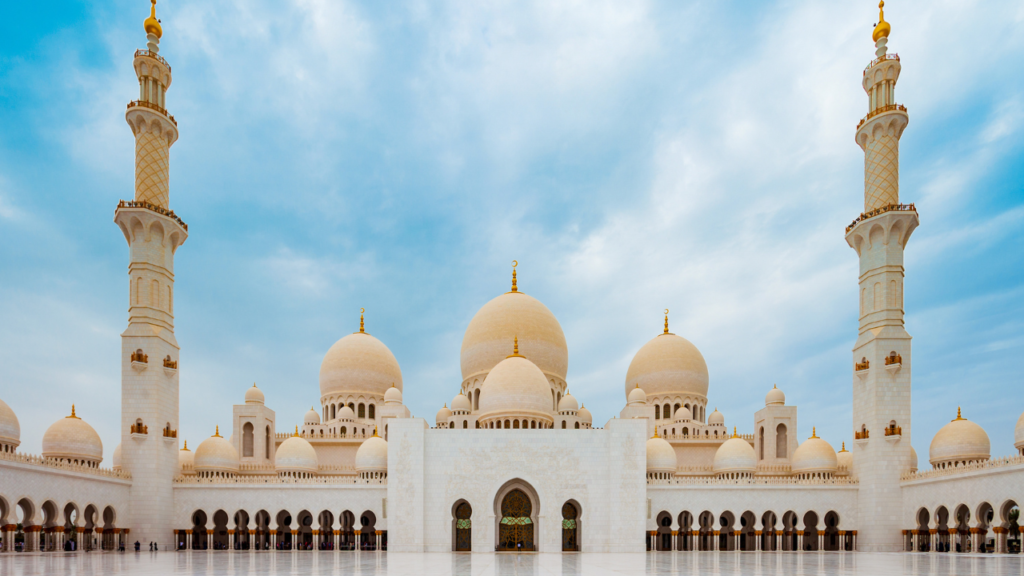
Introduction
Worship is a central aspect of the lives of Muslims, and it plays a crucial role in their daily routines. For Muslims, worship is not limited to specific locations but extends to various places, each with its unique significance and purpose. In this article, we will explore where Muslims worship and the importance of these different places in their faith and practice.
Mosques (Masjid): The Heart of Worship
Mosques are perhaps the most well-known places of worship for Muslims. These are sacred spaces where Muslims gather for communal prayers and other religious activities. The term “Masjid” means a place of prostration, emphasizing the central role of prayer in Islam. Mosques are open to all Muslims, and they serve as a hub for community activities, education, and social gatherings.
Features of Mosques:
- Qibla: Every mosque is designed to face the Kaaba in Mecca, which is the holiest site in Islam. This direction is known as the Qibla, and it helps Muslims align their prayers with the Kaaba.
- Minaret and Call to Prayer (Adhan): Most mosques have one or more minarets from which the call to prayer (Adhan) is made, announcing the times for prayer.
- Prayer Hall: The main area of the mosque where congregational prayers take place.
- Mihrab: A niche in the wall that indicates the direction of the Qibla.
- Minbar: A pulpit where the Imam delivers sermons.
Home: A Personal Connection
While mosques are essential for congregational prayers, Muslims are encouraged to pray at home as well. The home is considered a place where individuals can establish a personal connection with Allah through additional acts of worship, such as voluntary prayers (Sunnah and Nafl), reading the Quran, and engaging in supplication (Dua).
Importance of Home Worship:
- It fosters a sense of spirituality within the family.
- It allows for intimate, personal conversations with Allah.
- It reinforces the idea that worship is not limited to a specific location but is a way of life.
Kaaba in Mecca: The Holiest Site
The Kaaba, located in the city of Mecca in Saudi Arabia, is the most sacred site in Islam. Muslims around the world face the Kaaba during their daily prayers. Pilgrimage to the Kaaba, known as Hajj, is one of the Five Pillars of Islam, and every Muslim who is physically and financially able is required to undertake this journey at least once in their lifetime.
Significance of the Kaaba:
- It represents the unity of Muslims as they all face this common focal point during prayer.
- It serves as a symbol of the Oneness of Allah.
- The Hajj pilgrimage to the Kaaba is a profound spiritual experience for Muslims, drawing millions of worshippers from all corners of the globe.
Other Places of Worship:
Apart from mosques, homes, and the Kaaba, Muslims can worship and remember Allah in various places, including:
- Outdoors: Muslims are encouraged to reflect on Allah’s creation and pray outdoors in natural surroundings to feel a stronger connection with the Creator.
- Islamic Centers: These are community centers that offer religious services, educational programs, and a place for Muslims to gather for prayers, lectures, and social activities.
- Workplace: Muslims are encouraged to find moments of reflection and prayer even while at work.
- Travel: While traveling, Muslims can perform their prayers and worship, adjusting their routines to the time and location they find themselves in.
Also check
- What times do Muslims Pray?
- Does Islam use the old testament?
- Why do Muslims Fast during Ramadan?
- How many types of shirk in Islam?
- How to become a Islamic Scholar?
Conclusion
Muslims worship in diverse places, reflecting the flexibility and universality of their faith. While mosques, with their structured rituals and congregational prayers, are essential in the life of a Muslim, the religion itself encourages individual worship and connection with Allah, regardless of location. Whether in the grandeur of the Kaaba, the serenity of one’s home, or the natural beauty of the outdoors, Muslims find solace and devotion in their faith. In Islam, it is not just the location that matters, but the sincerity and devotion of the worshipper’s heart.
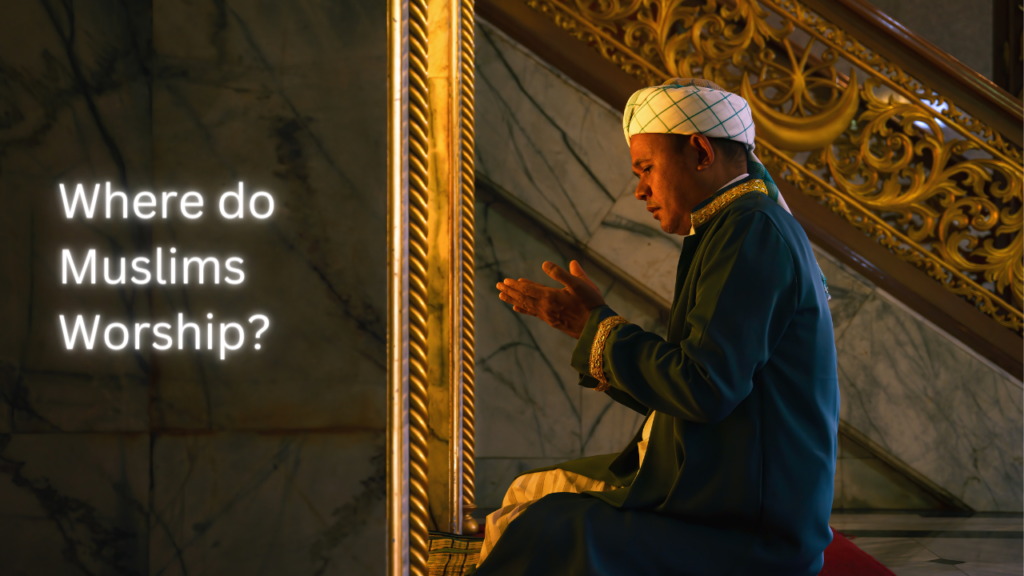
Frequently Asked Questions (FAQs) About Where Muslims Worship
Where do Muslims worship?
Muslims worship in a place called a mosque, which is a dedicated place of prayer and communal worship.
Are there specific requirements for a place to be considered a mosque?
Yes, a mosque must be a clean and consecrated space, facing the Kaaba in Mecca. It should also have certain architectural features like a mihrab (prayer niche) and a minaret.
What is the significance of the Kaaba in Mecca for Muslims?
The Kaaba is considered the holiest site in Islam and is the direction (qibla) towards which Muslims pray during their daily prayers. It holds deep religious and historical significance.
Do Muslims only worship in mosques?
No, Muslims can pray and worship in any clean and appropriate place. While mosques are preferred for communal prayers, individual prayers (Salat) can be performed anywhere.
How often do Muslims go to the mosque for worship?
Muslims are encouraged to attend the mosque for the Friday congregational prayer (Jumu’ah) and for the five daily prayers if possible. However, attendance varies depending on individual circumstances.
What are the five daily prayers called, and when are they performed?
The five daily prayers are called: Fajr, Dhuhr, Asr, Maghrib, and Isha. They are performed at specific times throughout the day, from dawn to late evening.
Are there any special occasions when Muslims gather for worship besides the daily prayers?
Yes, Muslims gather for special occasions like Eid prayers, Taraweeh during Ramadan, and other significant Islamic festivals or events.
Can non-Muslims visit mosques?
In many cases, non-Muslims are welcome to visit mosques as long as they show respect for the place and its customs. It’s important to dress modestly and follow any specific guidelines set by the mosque.
What is the role of the imam in the mosque?
The imam is the prayer leader in the mosque. They lead congregational prayers, deliver sermons (khutbah) on Fridays, and provide religious guidance to the community.
Do all Muslims pray in a mosque, or can they pray at home?
While Muslims are encouraged to pray in congregation at the mosque, they can also pray at home, especially when it’s not possible to go to the mosque due to distance or other reasons.


